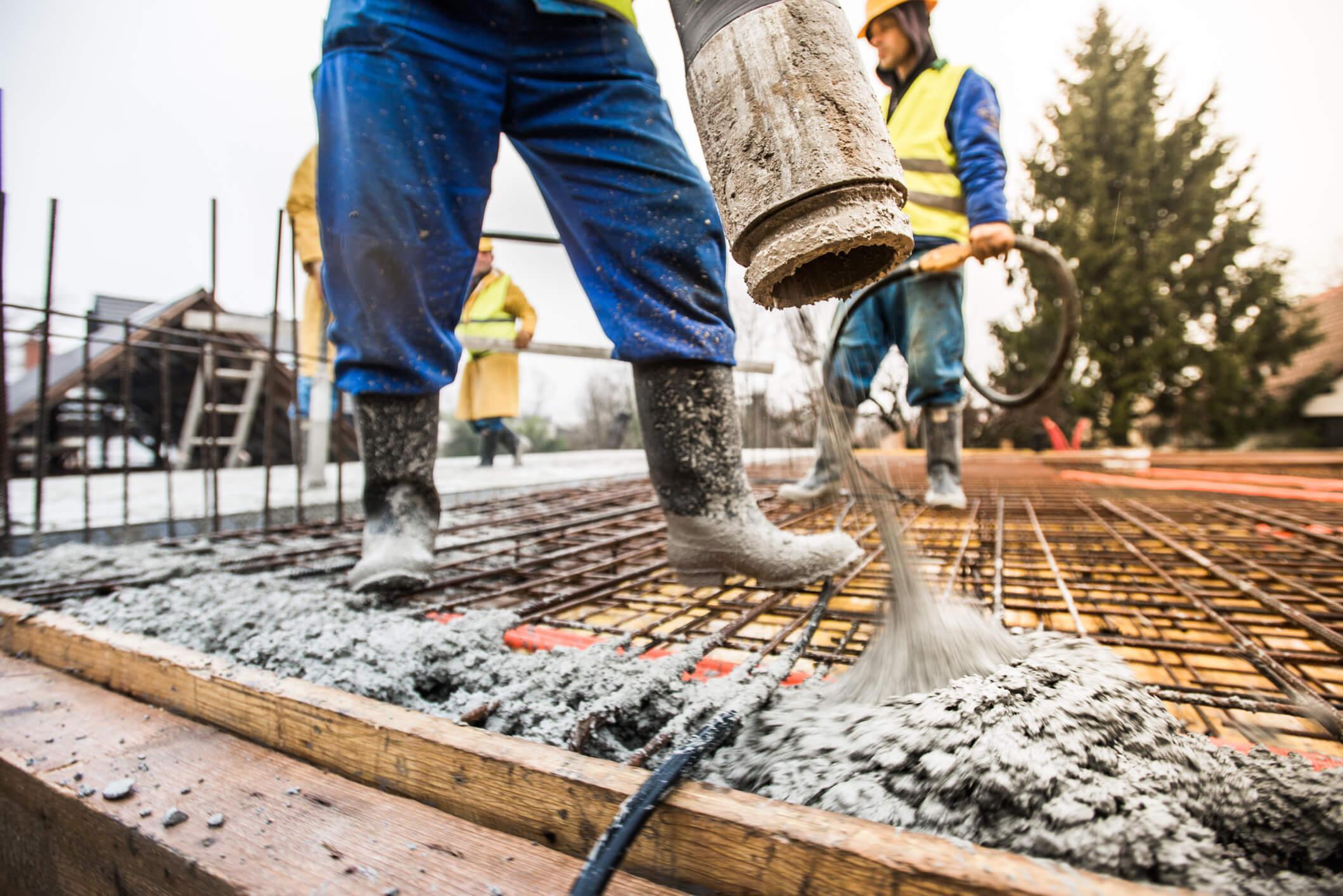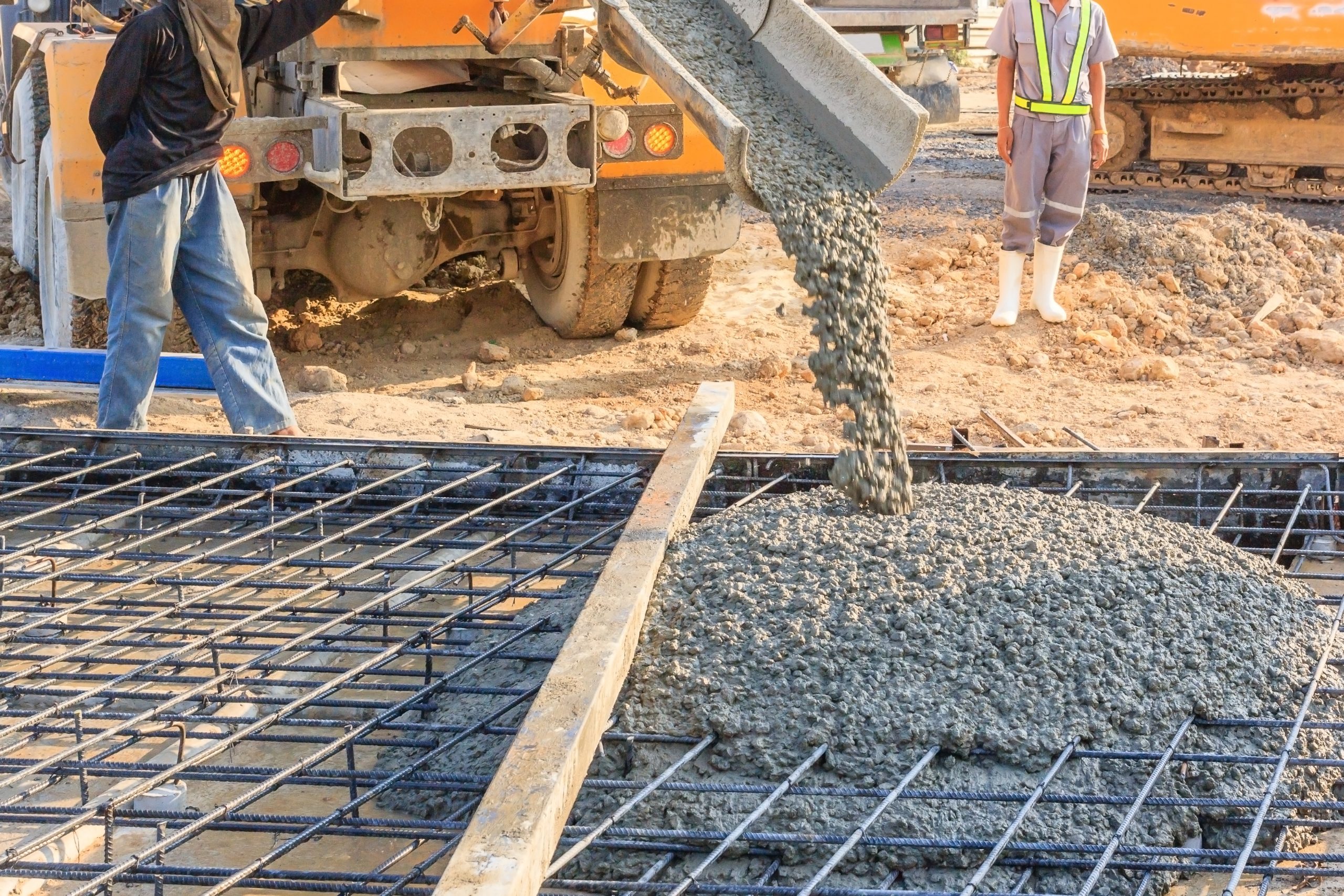Expert Concrete Installment: Transforming Your Space with Solid Foundations
Expert Concrete Installment: Transforming Your Space with Solid Foundations
Blog Article
Revealing the Eco-Friendly Advantages of Making Use Of Recycled Concrete in Sustainable Building And Construction Practices
In the world of sustainable building practices, the usage of recycled concrete stands as a crucial yet typically underestimated resource. Beyond its traditional applications, recycled concrete deals a myriad of eco-friendly benefits that expand much past the boundaries of conventional building and construction products.
Environmental Advantages
By integrating recycled concrete into building and construction practices, there is a substantial reduction in the need for brand-new raw products, leading to preservation of all-natural resources. Furthermore, the usage of recycled concrete decreases the amount of waste being sent out to landfills, therefore lowering ecological contamination and reducing the strain on garbage dump abilities (Concrete).

In comparison, recycled concrete has a reduced carbon impact as it lowers the need for brand-new concrete production. Generally, the ecological benefits of utilizing recycled concrete are considerable and play an essential role in promoting environmentally friendly building methods.
Cost-Efficiency
Accomplishing cost-efficiency is a paramount consideration when examining the utilization of recycled concrete in building and construction projects. One of the essential advantages of using recycled concrete is its cost-effectiveness contrasted to standard concrete.
Additionally, the use of recycled concrete can cause financial savings in landfill costs by diverting concrete waste from disposal sites. This not only reduces the environmental influence but additionally gets rid of the prices connected with waste removal. Furthermore, the sturdiness and efficiency of recycled concrete approach conventional concrete, making certain that price savings do not compromise the high quality of the construction.
Resilience and Toughness
Considering the substantial cost-efficiency advantages of utilizing recycled concrete, it is vital to examine its resilience and stamina in building applications. Recycled concrete offers comparable, if not premium, resilience and stamina properties to typical concrete. With improvements in processing methods and quality assurance, recycled concrete can satisfy or surpass the efficiency criteria of traditional concrete. The process of reusing concrete includes squashing, sorting, and evaluating old concrete to create aggregates that can be made use of in brand-new construction projects. These recycled aggregates can providing adequate compressive stamina, longevity, and long-term efficiency.

Waste Decrease
When it comes to making use of recycled concrete, waste reduction is a official statement crucial advantage that adds dramatically to environmental conservation. By integrating recycled concrete into construction tasks, this waste is repurposed and diverted from land fills, reducing the total environmental effect of construction activities.
Furthermore, the use of recycled concrete can lead to cost financial savings for construction jobs, as it is typically extra cost effective than sourcing and moving brand-new products - Concrete. In conclusion, waste reduction through the use of recycled concrete is a crucial element of lasting building and construction methods that benefits both the construction and the atmosphere industry as a whole.
Energy Preservation
Energy conservation is a crucial element of lasting building and construction methods, aiming to reduce the overall energy usage connected with building procedures and products production. When it involves making use of recycled concrete in construction, considerable power cost savings are attained compared to typical concrete manufacturing. The process of creating recycled concrete entails crushing and reusing existing concrete products, which eats less energy than mining, handling, and carrying basic materials for brand-new concrete production. Furthermore, making use of recycled concrete can help decrease the need for virgin accumulation, more minimizing the energy-intensive extraction and handling of natural sources.
Conclusion
In verdict, the utilization of recycled concrete in lasting building and construction methods offers many ecological benefits, cost-efficiency, durability, toughness, waste decrease, and power conservation. By including recycled concrete into building and construction their website jobs, we can add to a more eco-friendly and sustainable future. It is essential for the building and construction industry to focus on making use of see this site recycled materials to assist lower the ecological effect of construction activities.
One of the vital advantages of using recycled concrete is its cost-effectiveness compared to standard concrete.In addition, the use of recycled concrete can lead to savings in land fill prices by drawing away concrete waste from disposal websites. The toughness and performance of recycled concrete are comparable to standard concrete, making certain that price savings do not jeopardize the quality of the building.
:max_bytes(150000):strip_icc()/pouring-concrete-slab-5025127_Hero-347297eb7a1f436691f9a1f22b6e1833.jpg)
Report this page